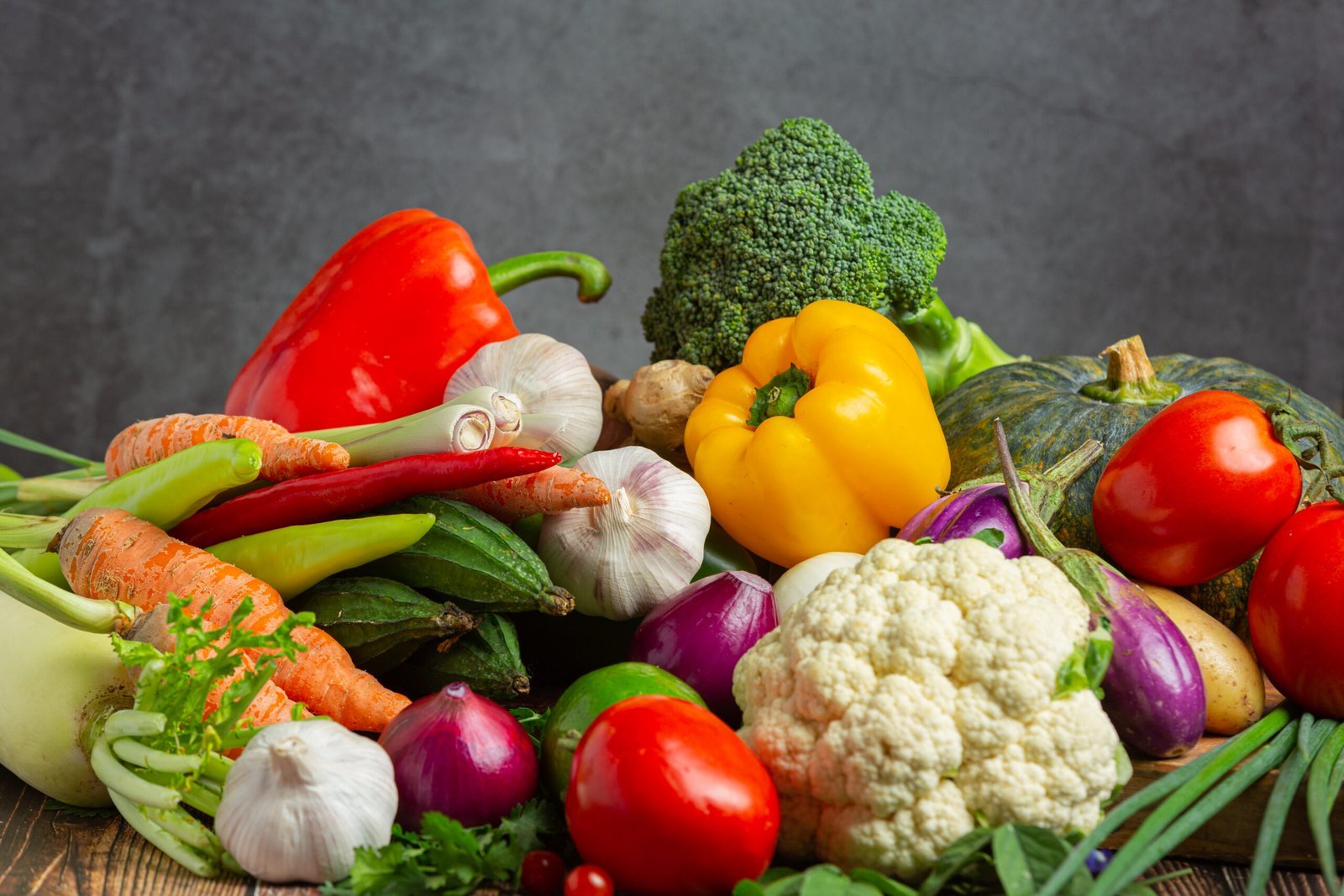Cooking vegetables to perfection is often considered an art form, requiring precise timing and technique to achieve that ideal balance of flavor, texture, and nutritional value. However, there are instances where deviating from the conventional notion of cooking vegetables ‘until done’ can lead to surprisingly delightful results. In fact, some vegetables benefit from being cooked long past the point of traditional doneness, transforming into tender, caramelized delights bursting with complex flavors and aromas.
One such vegetable that thrives under prolonged cooking is the humble onion. While onions are commonly used as a base ingredient in various dishes, they truly shine when cooked low and slow until deeply caramelized. By allowing onions to undergo an extended cooking process, their natural sugars are released and undergo a Maillard reaction, resulting in a rich, sweet flavor profile that adds depth and complexity to any dish. Whether sautéed, roasted, or braised, caramelized onions lend a savory sweetness to soups, stews, pasta dishes, and sandwiches, elevating them from ordinary to extraordinary.
Similarly, carrots can also benefit from extended cooking, especially when subjected to methods like roasting or braising. While conventionally cooked carrots may retain some crunch, cooking them long past the point of tenderness allows their natural sugars to caramelize, intensifying their sweetness and imparting a luscious, melt-in-your-mouth texture. Roasted carrots, in particular, develop a golden brown exterior and a tender, almost creamy interior, making them a delectable side dish or a flavorful addition to salads and grain bowls.
Root vegetables like potatoes and sweet potatoes are another prime candidate for extended cooking. When roasted or baked for an extended period, these starchy tubers undergo a transformative process that results in irresistibly crisp exteriors and fluffy, tender interiors. Whether sliced into fries, wedges, or roasted whole, potatoes and sweet potatoes become caramelized and golden, offering a satisfying contrast of textures and a rich, savory flavor that is impossible to resist.
Cruciferous vegetables such as cauliflower and Brussels sprouts also benefit from prolonged cooking, particularly when roasted or pan-fried until deeply caramelized. While conventionally cooked cruciferous vegetables may retain a slight bitterness, extended cooking allows them to develop a nutty sweetness and a crispy, caramelized exterior that is simply irresistible. Roasted cauliflower florets or crispy Brussels sprouts make for delightful side dishes or appetizers, offering a flavorful alternative to their steamed or boiled counterparts.
Furthermore, leafy greens like kale, collard greens, and Swiss chard can be transformed into tender, melt-in-your-mouth delicacies through prolonged cooking methods such as braising or simmering. While traditionally cooked greens may retain some bitterness and toughness, simmering them in a flavorful broth or sauce for an extended period allows them to become silky smooth and infused with rich, savory flavors. Braised kale, for example, becomes tender and flavorful, making it a delicious accompaniment to roasted meats or a hearty addition to soups and stews.
While the conventional wisdom may dictate cooking vegetables ‘until done,’ there are times when deviating from this notion can yield unexpectedly delicious results. By embracing the concept of cooking vegetables long past the point of traditional doneness, you can unlock a world of rich flavors, enticing aromas, and irresistible textures that elevate your culinary creations to new heights. So, the next time you find yourself in the kitchen, don’t be afraid to cook your vegetables long past ‘done’ – you may just discover a newfound appreciation for their deliciously transformed flavors.








Leave feedback about this